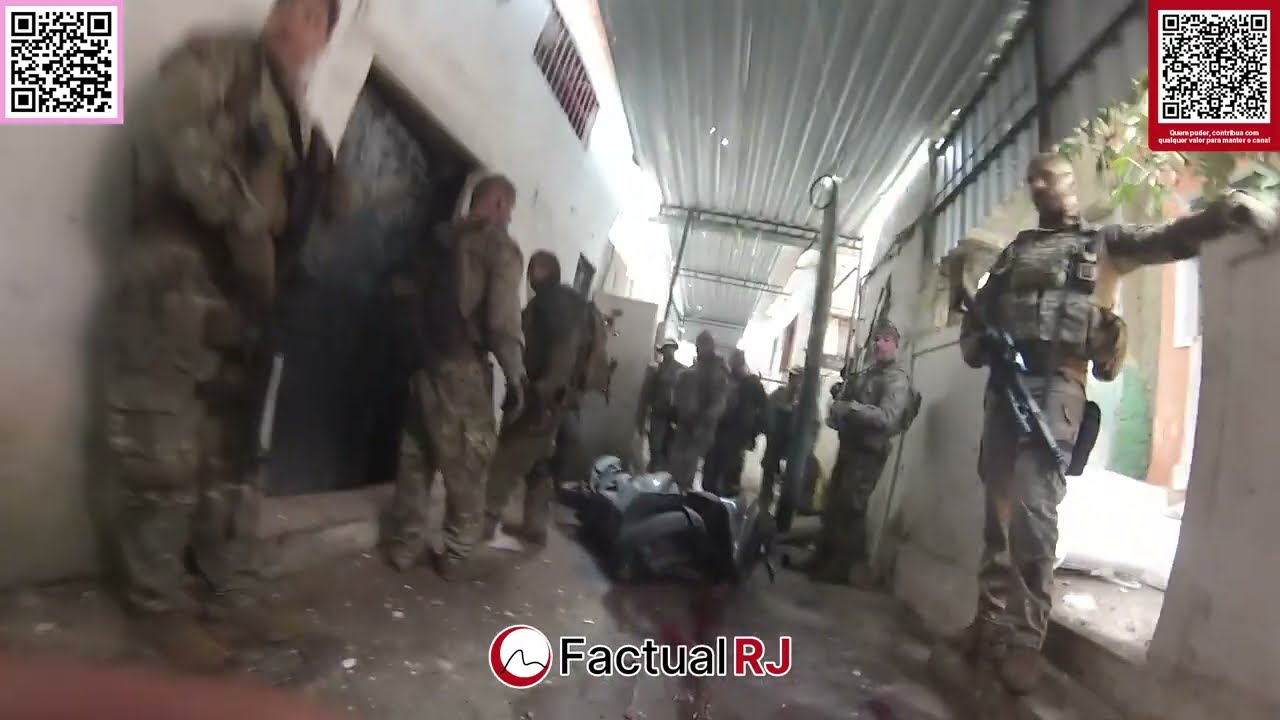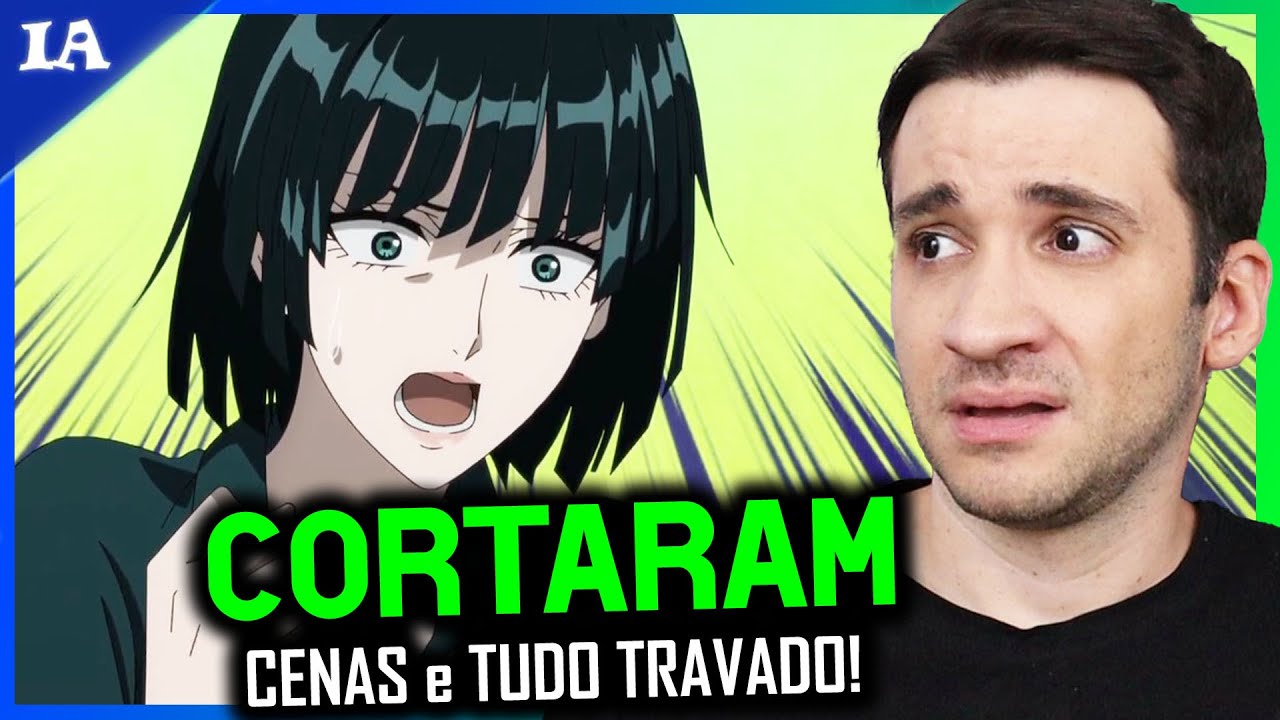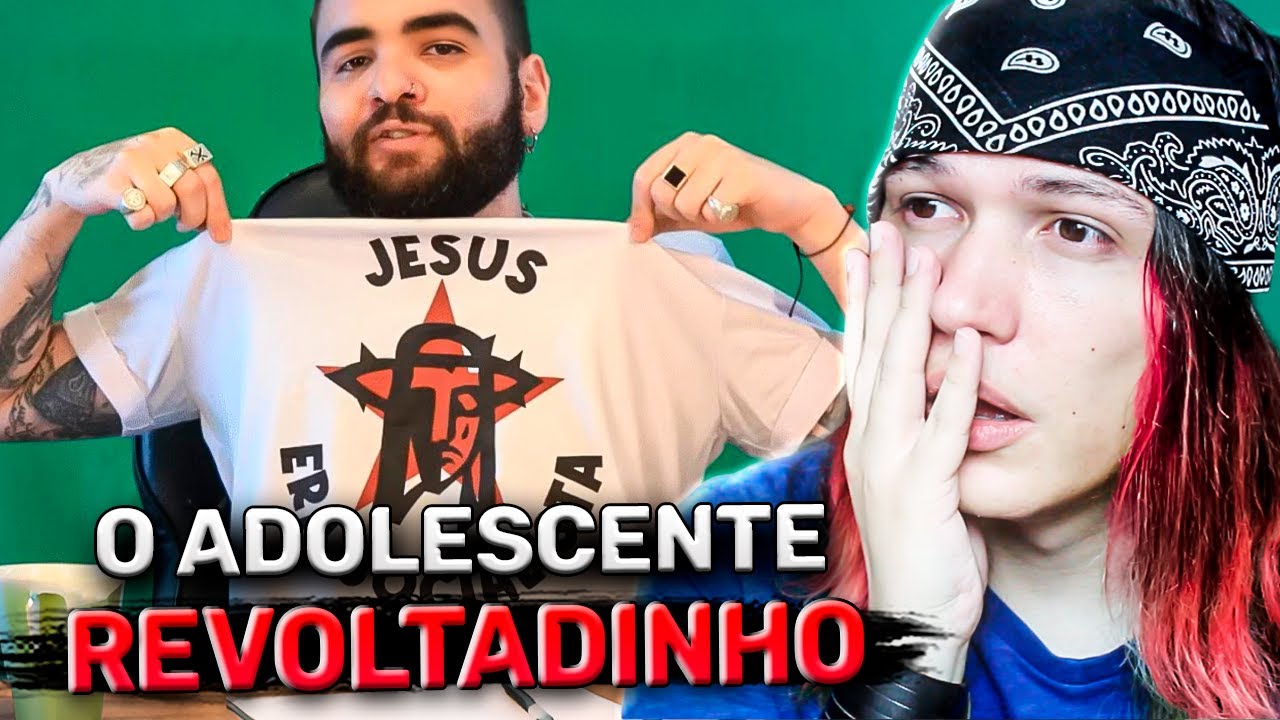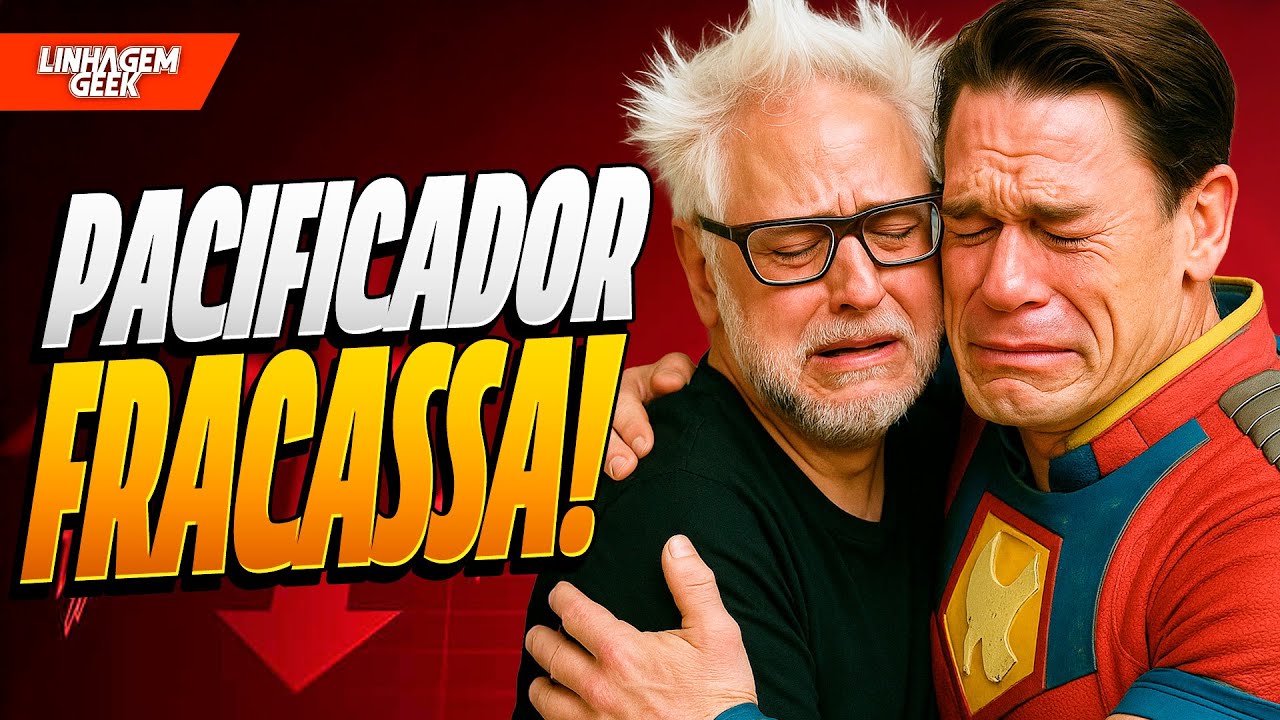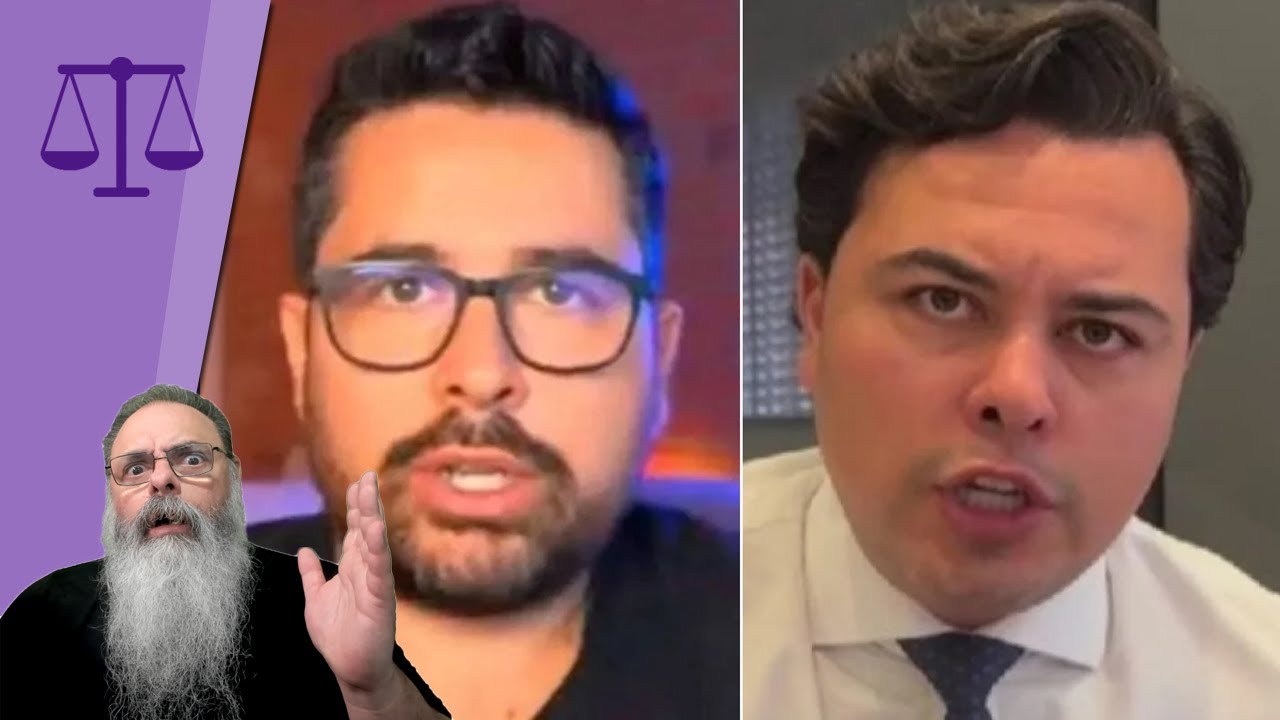O QUE ESTÁ ACONTECENDO EM JERUSALÉM? Israel com Aline
0Shalom and welcome back to ‘Israel with Aline!’ We are in the middle of Pesach, the Jewish Passover, and we came to the Old City of Jerusalem to show you how this very important biblical feast is celebrated. And we are also going to talk about the tension that has been happening here in the last weeks, what is really happening and why. So if you’re ready, let’s get started! We are entering the Old City of Jerusalem through the Jaffa gate and I am not alone, say shalom to Yair, he is sleeping now but in a little while when he wakes up, he will join the party with us. And you can already see how busy it is here and it makes perfect sense the Christian Easter was last Sunday, by the way, a nun has just passed by here, I mean, Christians are still here. It’s during the week of the Jewish Passover now, the Pesach and also during the month of Ramadan, the holy month for the Muslims. So the three great monotheistic religions are here celebrating their feasts. We are walking through the Shuk, which is the Arabian market, and here you can buy anything; you can see cloths, carpets, decoration, jewelry, religious articles, there is a little bit of everything here. And look at the floor, I am walking down a ramp, this is part of a huge project to make the Old City of Jerusalem more accessible for both strollers and wheelchairs, a super important project. And guys, in the middle of everything that is sold here in the market, look what I found: there is a t-shirt here, it is written “with love, from Israel”, the map and the flag of Israel and of Brazil, I mean, look how cool it is! This shows the love that Israel has for Brazil and vice versa. Here you choose the design among hundreds that are on the walls, we tell him the color and size of the shirt and he makes it right away. And look at the design that I chose and he will now print it on the t-shirt, so the next time you see me wearing this t-shirt you will already know where it is from. Isn’t it great? And the love for Brazil doesn’t end there, look here how beautiful this fridge magnet is. But let’s continue our tour because I want to show you the celebration of the Jewish Passover. The Jewish Passover celebrates and remembers the exit of the Jews from Egypt and the end of slavery as it is told in the Book of Exodus in the Bible. In Hebrew we call this feast “Pesach”, which means “to pass over”. But why is the name of this feast “to pass over”? God sends the ten plagues to Egypt, and the last plague is the death of the firstborn when the angel of death passes during the night through the houses of Egypt and kills the firstborn sons. But before this, God commands the Jews to sacrifice a lamb and with the blood of the animal to mark the doorposts. And so, when the angel of death saw the marked doorposts, he would pass over the house without harming the firstborn of the Jews. This is why the name in Hebrew reminds us that the firstborn of Israel were spared. See how cool that the name in Hebrew holds so much meaning in one word; Pesach – to pass over. If you want to learn Hebrew, I recommend the course of the Rosen Hebrew Institute which has online courses, I’ll leave the link for you here above and also in the first comment of this video. Guys, say good morning to Yair, he’s wide awake now and we’re arriving in the Jewish quarter and I want to show you mainly the food, because there are a lot of things that you can’t eat during the Jewish Passover so let’s see what the restaurants here are serving. Guys, we just arrived at a place that sells Shawarma, which is what we sometimes call in Brazil a “Greek barbecue”. We will show you how it is inside, normally it is served in pita, which is Syrian bread or in Laffa bread and both are forbidden to eat during the week of the Jewish Passover, so let’s go inside and see what they are serving here during this week. Wow, this shawarma looks delicious! You can see the meat rolling around, and it can be beef, chicken, turkey or lamb and the snack is made and put in this laffa which is this round bread but it is not made of wheat because of Passover week, it is made of potato flour and then they put the traditional fillings: salads, everything that you see here and on top of all this goes the shawarma meat. So let’s talk a little bit more about the food aspects of the Jewish Passover. We have already started to talk about foods that are forbidden to sell, more specifically 5 grains: which are rye, barley, oats, spelt and wheat – you cannot eat them when they are fermented. If they are not fermented you can, for example, unleavened bread, yes, you can eat it. But when they are leavened for example in the form of bread, cake, noodles, you cannot. And the origin of this is in the Bible itself, in Exodus 13:7 “Eat unleavened bread during those seven days; nothing with yeast in it is to be seen among you, nor shall any yeast be seen anywhere within your borders.” It means that we only eat unleavened bread, that is, non-fermented bread and other non-fermented foods. And since this establishment we are in is Jewish and follows the Biblical Food Laws, there are no leavened grain foods here this week. And it is important to say that this place here follows the Jewish Food Laws, but Israel is a democratic country, so if you want to serve bread and forbidden foods you can, but it is a decision of each place. So here it is not sold, but if we walk araound 650, 900 feet from here and go to the Christian neighborhood you will see bread, food, everything normally on sale as in the rest of the year. And look how cool it is everybody, here we have Kasher pizza le Pessach, I mean gluten free pizza, it’s made out of potato flour, and so for everybody that’s watching who for some reason doesn’t eat gluten, this is the best week of the year to come because all the restaurants are serving other ingredients, I mean, nothing with gluten. And also the supermarkets, breakfast cereal, cookies, everything you can imagine has gluten free. But now I want to change the subject a little bit and also the tone of our video because now what I’m going to do, I’m going to go down to the Western Wall near the Temple Mount and talk a little bit about the tension and what’s really going on here in the last few weeks, so let’s go! Folks, I want to start by saying how happy I am to see this place so full! You must also be hearing from the background the children and families here after two years of pandem1c, the borders were closed and few people came here I mean, to see this place so full really fills our hearts. The borders of Israel are open for tourists and also people from all over Israel are coming here to celebrate, so the first thing is that it is beautiful to see. But why is everybody coming just in this week? In biblical times there were three great feasts that were called “Shalosh Regalim” the three pilgrimage feasts in which the people of Israel went up to the Temple in Jerusalem they are Pesach, the Jewish Passover that we are at now; Succot which is the Feast of Tabernacles; and Shavuot which is also known as the Feast of Weeks or Jewish Pentecost. And the Bible itself tells us that Jesus also attended these feasts in Jerusalem with his family. “When he was twelve years old, they went up to the festival, according to the custom.” Luke 2:42 So during these three feasts the people of Israel would go up to Jerusalem and this continues to happen until today; thousands of people from Israel and Jews from the world come here to celebrate this feast. The Western Wall is part of the ancient Temple in Jerusalem, and although the Temple was destroyed, the site of the Temple is still here. And here our problem begins; because the Western Wall is actually the external site of the Temple, the internal site is the Temple Mount where the Golden Dome is today. The most important site in the world for Jews is not the Western Wall, it is very important. But the most important place of all is the peak of Mount Moriah, where Abraham went to make the sacrifice of his son Isaac, where the central part of the Temple of Jerusalem was, and where the Ark of the Covenant was. This is where the Golden Dome is today, which is why it is also called the Dome of the Rock. It is a dome that protects a rock, this rock is the peak of Mount Moriah, the holiest place in the world for Judaism and also a holy place for Muslims. So we have a very small physical space, which is the holiest site in the world for Judaism and also the third holiest site in the world for Islam, for Muslims. And here starts the tricky part, the Temple Mount is within the State of Israel but Israel in 1967, after the Six Day War handed over religious control of the Temple Mount to the Waqf, which is a Jordanian Muslim Organization. This was a goodwill gesture by Israel to the Muslim and Arab world. The idea was to maintain the coexistence of the religions, and the police control remained with Israel to keep the security of the place. And part of that agreement states that Jews and Christians and all religions would have the right to access the Temple Mount for visiting, and unfortunately the Waqf has broken that agreement and started limiting access to non-Muslims in the place. It started limiting the times, the days, and also the places that can be visited. But what does all this have to do with the Jewish Passover? The Jews still want to keep this tradition of coming to Jerusalem and going up to the Temple Mount and Israel allows them to go up, it is part of the agreement with the Muslims. But since it is dangerous for Jews to go up, they go up with an escort from the Israel Police. So this bridge here is the bridge that is used to go up so the tension that is going on is because the Muslims don’t want Jews and Christians going up the Temple Mount during Passover. And this problem is further compounded by the fact that this year Ramadan, which is the Muslim holy month happens together with the Easters. And Ramadan every year is used as an excuse to cause violence. Obviously it is a minority among Arabs and Muslims who do this, but still, it is a minority that causes a lot of trouble. Even some of them use the mosques on the Temple Mount to store stones stones that are then used to be thrown at the Jewish visitors and the Israel Police. But if the Israel Police try to enter the mosques to try to get the stones or other weapons that may be hidden inside, this increases even more the friction between the religions. It really is a never-ending problem. And this is a very sad situation; to see a place that is so sacred to the three major religions, used to promote violence. The reality is that yes, there is tension. But it is concentrated mainly on the Temple Mount, as we have just told you, and it is because of the Jewish Passover, the Christian Passover and Ramadan, are happening together this year, so we hope that now, with Ramadan over, the situation will return to normal in a short period of time. And the reality for us who live here, is that our daily life has practically not changed, the tension is really concentrated on the Temple Mount and the rest of Jerusalem continues to celebrate Passover in a normal way. Guys, can you see back here the Menorah, the Candlestick of the Temple of Jerusalem? Not the original one, the original one the Romans took away two thousand years ago, this one here is a replica created by the Temple Institute. But here I am back in the heart of the Jewish quarter of the Old City of Jerusalem with Yair, isn’t it Yair? And I wanted to show you actually what is happening here, you can see the normal daily life people celebrating the feast, remembering this 3 thousand year tradition of coming, this 3 thousand year tradition of coming to Jerusalem to celebrate the Jewish Passover feast, of Pesach. I mean, our daily life here is not changed. There are tensions, but they are really concentrated mainly on the Temple Mount. Don’t always believe everything you see on TV, it is good to know a little of the reality of those who live here. But in my name and in Yair’s name we want to wish everyone “Pesach Sameach!” A Happy Jewish Passover, Happy Christian Easter, Happy Ramadan, Happy Holidays to everyone and let’s enjoy this time when everyone is here together, celebrating to remember that we can celebrate side by side in peace, and God willing peace will come all over the world; in Ukraine, in Russia, here in the Holy Land. But that’s it for today, my best regards and we’ll see you next time, bye bye!
